Scholar Spotlight - Henry Farmer
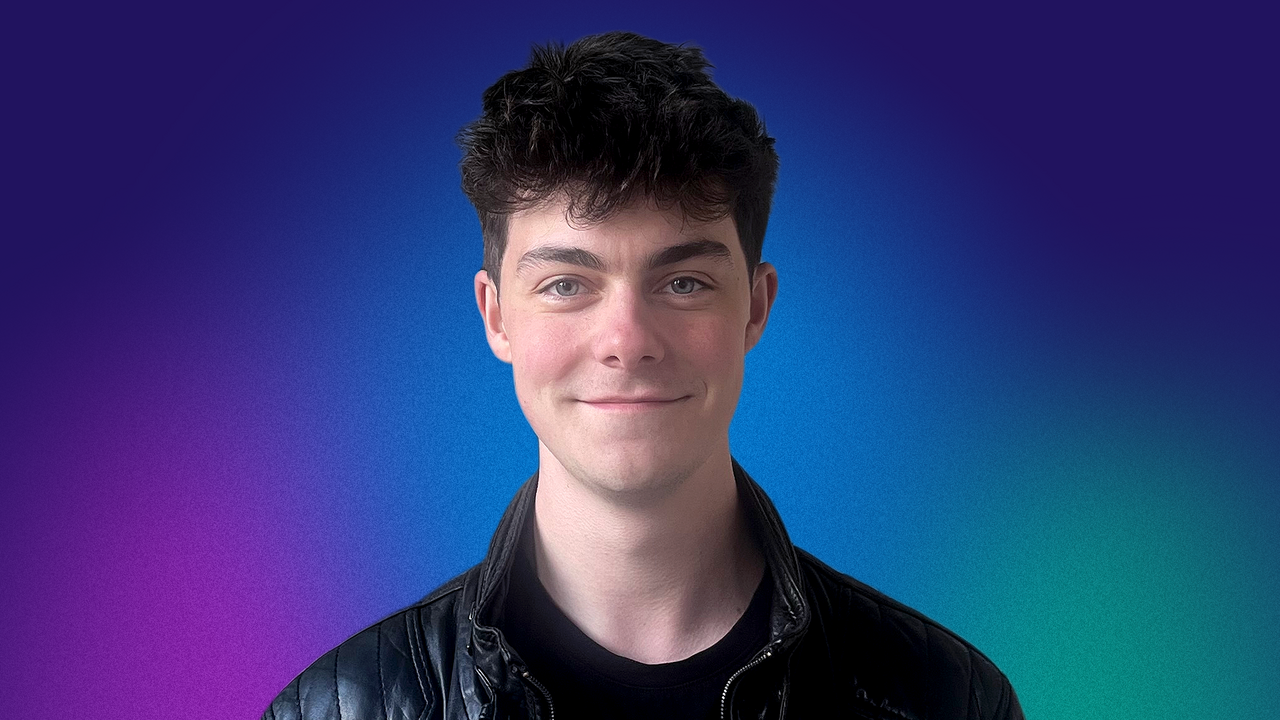
Henry Farmer, a Laidlaw Scholar at the University of St Andrews, on Bedtime in the Third Reich: How Children’s Picture Books Indoctrinated a Generation
Research title:
Bedtime in the Third Reich: How Children’s Picture Books Indoctrinated a Generation
Please briefly outline what your research is about, and its potential real world impact
How was a generation corrupted? My project, Bedtime in the Third Reich, examined how Hitler’s Germany weaponised children’s picture books to lay the ideological foundations of Nazism in its youth. Historical literature has often focused on propaganda’s reiterative nature, examining how techniques were used to sharpen and focus pre-existing beliefs. My research departs from this thesis, instead focusing on how ideas were initially implanted. Ultimately, children do not begin life with the same pre-existing sets of beliefs that adults possess. Consequently, I wanted to examine the initial methods employed to mould an innocent generation into the antisemitic, militaristic, and loyal servants of Adolf Hitler.
My research revealed that these tenets were embedded by first providing children with emotional associations that were later fomented into the vitriolic hatred of Nazism. Antisemitism, for instance, began with fear; loyalty with love; and militarism with fun. Through the manipulation of story frames, character illustrations, and language, children were cognitively primed to become the ideal Nazis. Reading a select body of both state-published school readers and privately published picture books, they found themselves inundated with ideological materials that dominated their lives in school and at home.
Ultimately, my project acts as a reminder that while hate can manifest in significant acts – book burnings, a Night of Broken Glass, the Holocaust – its foundations are often laid in the quieter moments. Whether it is the words read in a children’s picture book or those read today on a phone screen, they carry weight. Especially in this digital age, where truth has become trivialised and content algorithms self-reinforce, it is easy to become trapped in a narrow realm of misinformation. For children still developing their critical capacities, this is particularly dangerous. It is vital to remain vigilant and prevent the slow, creeping radicalisation that can so easily occur.
Where did your passion for this research originate? How does your personal story feed into it?
During my GCSEs, I studied the collapse of the Weimar Republic and the rise of the Nazi state. In one of my lessons, my teacher showed us a source: a maths question from a school exam in the Third Reich. It read something along the lines of, “If it costs x amount to look after the disabled, and y amount to pay a hard-working German, how many hard-working Germans could we pay if we didn’t have to look after the disabled?”. That frightened me – I had never considered the degree to which this twisted ideology was ingrained and normalised in everyday life.
When I began university, I used it as an example in my first-year tutorial, also referencing other nazi-era exam questions which enforced themes of militarism and antisemitism. It was evidently something that had stayed with me – the worry, the fear, the uncomfortability of how a youth was ideologically engineered. Thus, when it came to deciding on a Laidlaw project, my thought process naturally led me to this topic. However, I needed a focus. That week, I had happened to come across a pro-gun children’s picture book called Paws Off My Cannon, which was published in the U.S.A. The encouragement of violence against immigrants in the text deeply disturbed me, and it led me to consider how these two aspects could be fused. Thus, I reached my question: How did children’s picture books indoctrinate a generation?
What is the most memorable moment from your Laidlaw scholarship experience so far?
The most memorable moments of my Laidlaw scholarship experience have all centred around people. One example was the second night of the weekend retreat that my fellow scholars and I took part in. After a long day of activities stretching from a blindfolded obstacle course to a two-person wire walk, we had some downtime. After watching a movie, we sat in a cold hall, where a piano waited in the corner. I went up, and a few of us began singing; they were far better than I, who stuck to playing for the most part, and it was nice. In moments like that, we collectively found levity from the topics we were researching. Many of these were emotionally taxing; some focused on indoctrination, others on climate change, and one on cancer. To research well, you need people. Not just your research partners, but those who allow you to reset. I think the most memorable moments for me were finding friends who facilitated this with the trips to the pub, to the golf course, and even to a piano.
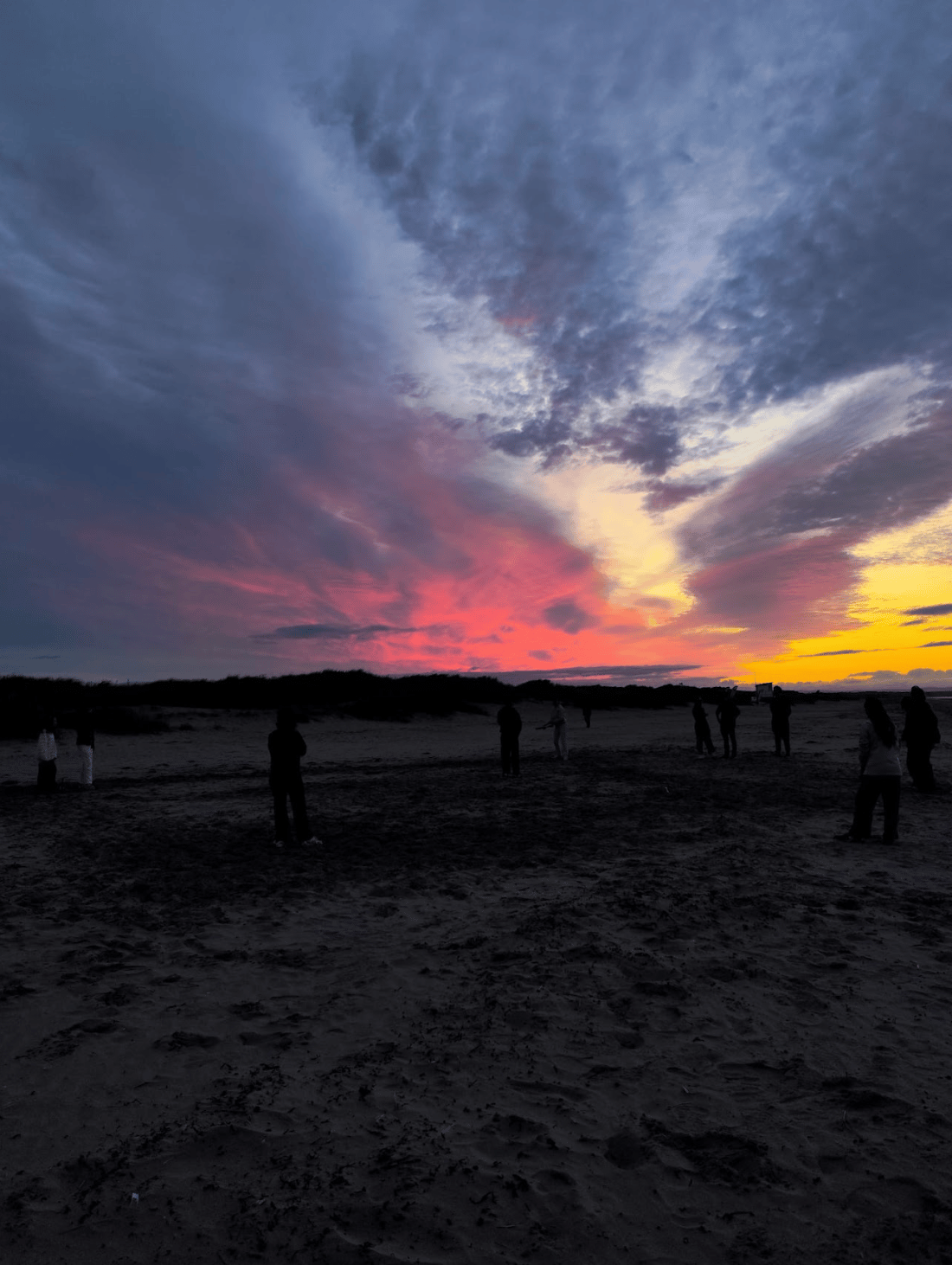
The 2025 Laidlaw scholars playing rounders on the beach at sunset
What is the biggest challenge you came across in your research and leadership journeys so far, and what did you learn from it?
The writing phase. During the six weeks of research, I was fortunate enough to have had a smooth experience. I had an incredibly supportive supervisor, who made time weekly to discuss my project. I found a plethora of primary data, and, although the workload was substantial, I found it fascinating, which enabled me to persevere. Cut to the writing phase, and I had re-written an opening paragraph countless times, had opened numerous “first-draft” Word documents, and had had two weeks of consistent procrastination.
Ultimately, I was trying to write the perfect first draft: I cannot write a perfect first draft; I need several to reach ‘okay’. In the end, I learnt to let go of that, accept that writing is a process, and that it is better to begin, even imperfectly. The Laidlaw scholarship program can come with a feeling of pressure. You spend six weeks researching and then suddenly, you have to mould that into a product. That was new. The lesson I learnt was that I am allowed to make mistakes, to relieve the pressure of perfection that does not exist, and to begin — something that is not scary, even if it takes a moment to realise that.
What does it mean for you to be a Laidlaw Scholar?
To me, being a Laidlaw Scholar means sitting in the unfamiliar and meeting the challenge. At every stage of the program, you are awarded the opportunity to try something new — to research, to speak at the conference, to make your own project abroad. For most undergraduates, these are unfamiliar things, and they can be intimidating and scary, and yet, you do them. That is the nature of the program to me; you are allowed to do something different, and it is your job to try. In life, you are going to constantly be met with the unfamiliar. Being a Laidlaw scholar means practising those encounters and learning how to greet them.
Which particular leaders inspire you the most and why?
Often, the leaders who inspire me the most are not the bold and the brave operating at a global level. Undoubtedly, there is a place for them and a need. But the ones who truly inspire me are those who act on the smaller, interpersonal level. Individuals like my tutor and former drama teacher, Chris Marlow, who, with patience and support, guide people to improve themselves. It is not leadership in the sense of some great mover. It is leadership at the level of the individual – something best characterised as mentorship. A leader who takes a kid struggling in an English class and helps them become someone who can apply to one of the top universities in the UK. The understated leadership quality that ultimately shapes everyone. That person or mentor who does not just instruct, but guides and helps you better yourself. These are the leaders who inspire me – those who operate in the exceptional normal of everyday life.
Briefly describe a scene from the future you are striving to create.
After watching Adolescence, my mum came to me shocked, asking if I knew about all the radicalising content online. I said: Yes. For young people who have grown up in this all-consuming digital age, we are acutely aware of the pitfalls that social media and other sites bring. The way algorithms can trap us in content cycles, presenting us with a single worldview. Yet, parents are not. Very often, education centres on children’s media literacy, but equally important is the parents. They are the guardians of home life, where children spend most of their time. Thus, they too must be educated. This is the future I am striving to create: one where parents are aware of the dangers of online spaces and can counter the most harmful elements – reintroducing nuance and varied perspectives that enable children to develop their critical capacities at home, rather than passively accepting a single worldview.
Quick Fire Questions
📺 Currently Binging:

📚 My top book recommendation:
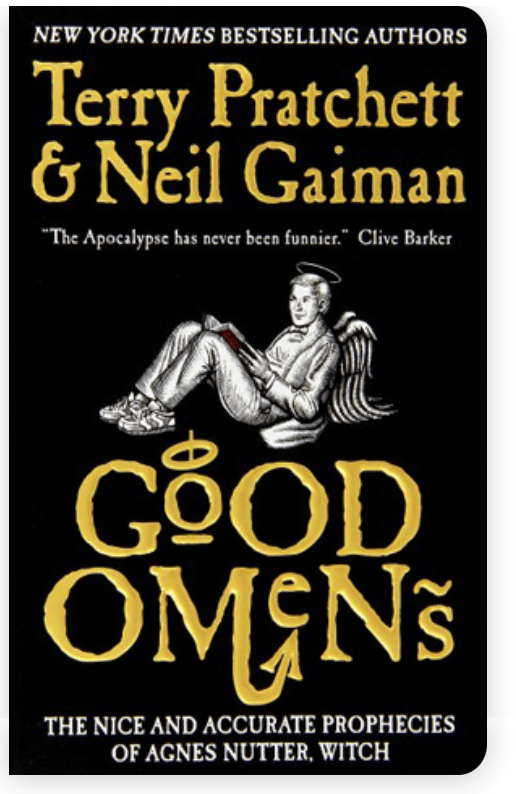
🎶 My anthem:
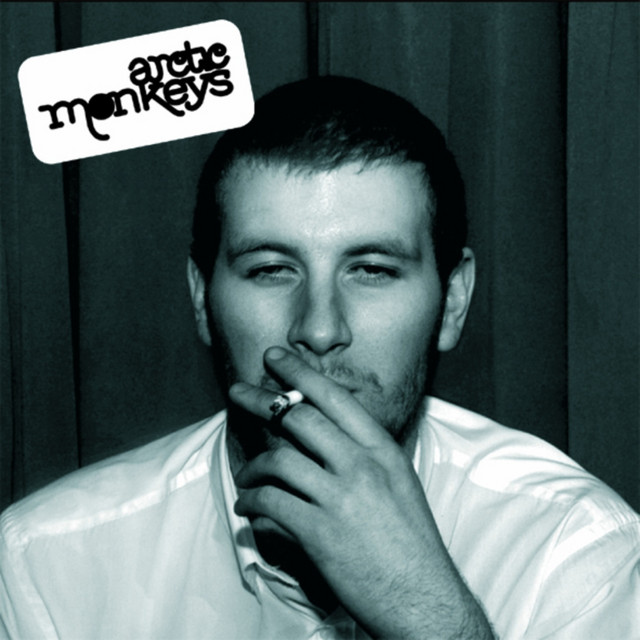
🎶 Current Podcast Obsession:
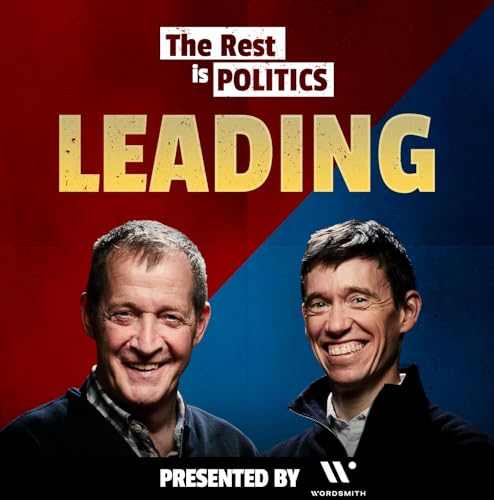
🌈 Something that made me feel joy recently:
All the coffee catch-ups with friends upon returning to uni.
If you want to learn more about Andrew's work, explore his research here and follow him on Linkedin. Henry is a Laidlaw Undergraduate Leadership and Research Scholar at @University of St Andrews. Become a Laidlaw Scholar to conduct a research project of your choice, develop your leadership skills, and join a global community of changemakers from world-leading universities.
Find out more about the Laidlaw Scholars Undergraduate Leadership and Research Programme.
🔦 Discover more Scholar Spotlights:
⚡️ Anuj (AJ) Manchanda, a Laidlaw Scholar at the University of Toronto, delves into how Environmental CSR initiatives shape consumer choices.
⚡️ Patrícia Gonçalves, a Laidlaw Scholar at Oxford University's Saïd Business School, on navigating the crossroads of public and private sectors and championing a sustainable, equitable future.
⚡️ Sophia Waseem Khan, a Laidlaw Scholar at Durham University, champions sustainable agriculture through innovative ion recovery.
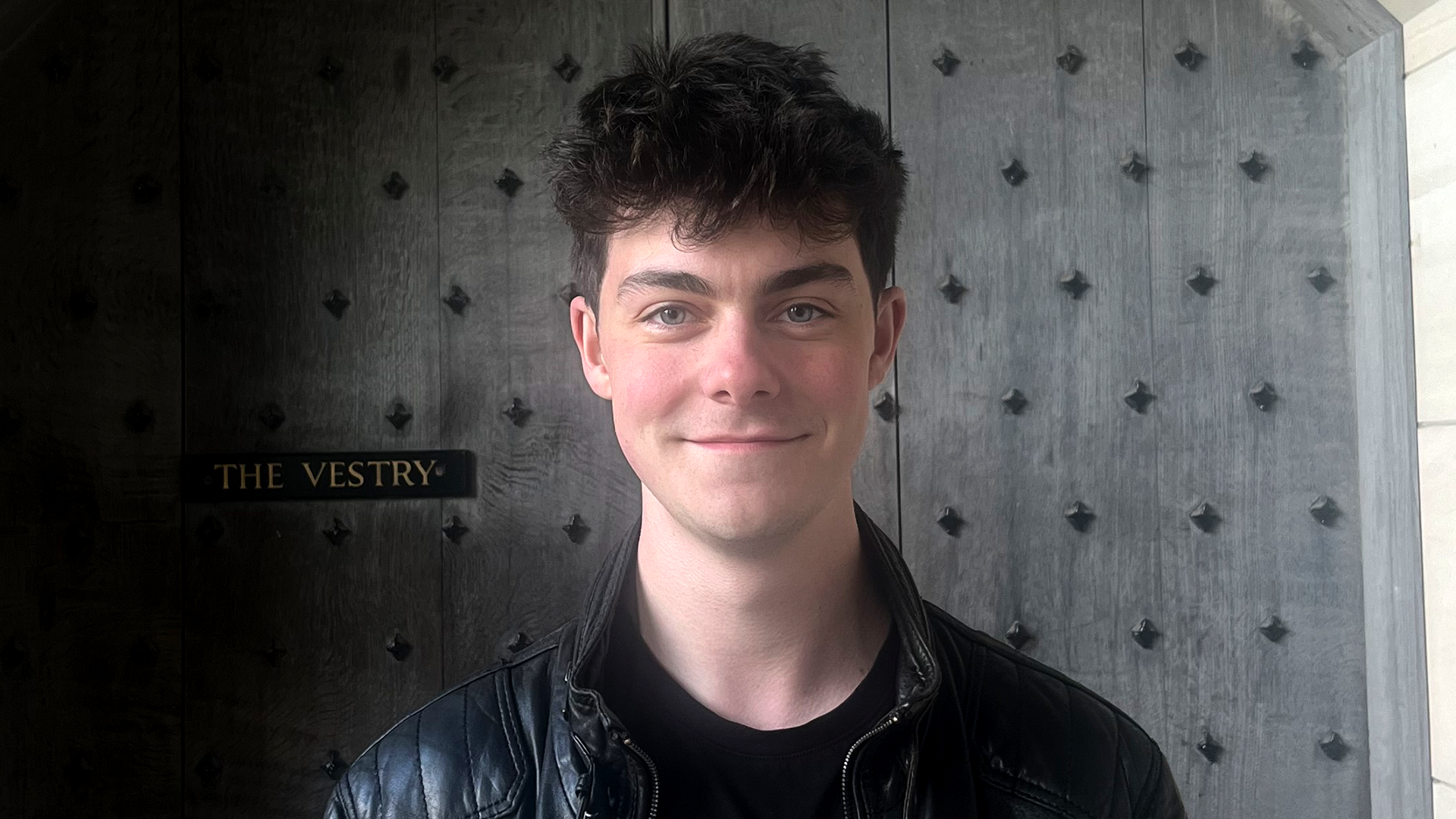
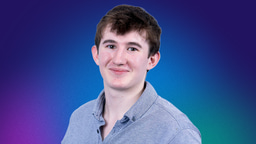

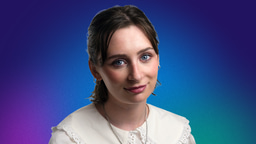


Please sign in
If you are a registered user on Laidlaw Scholars Network, please sign in